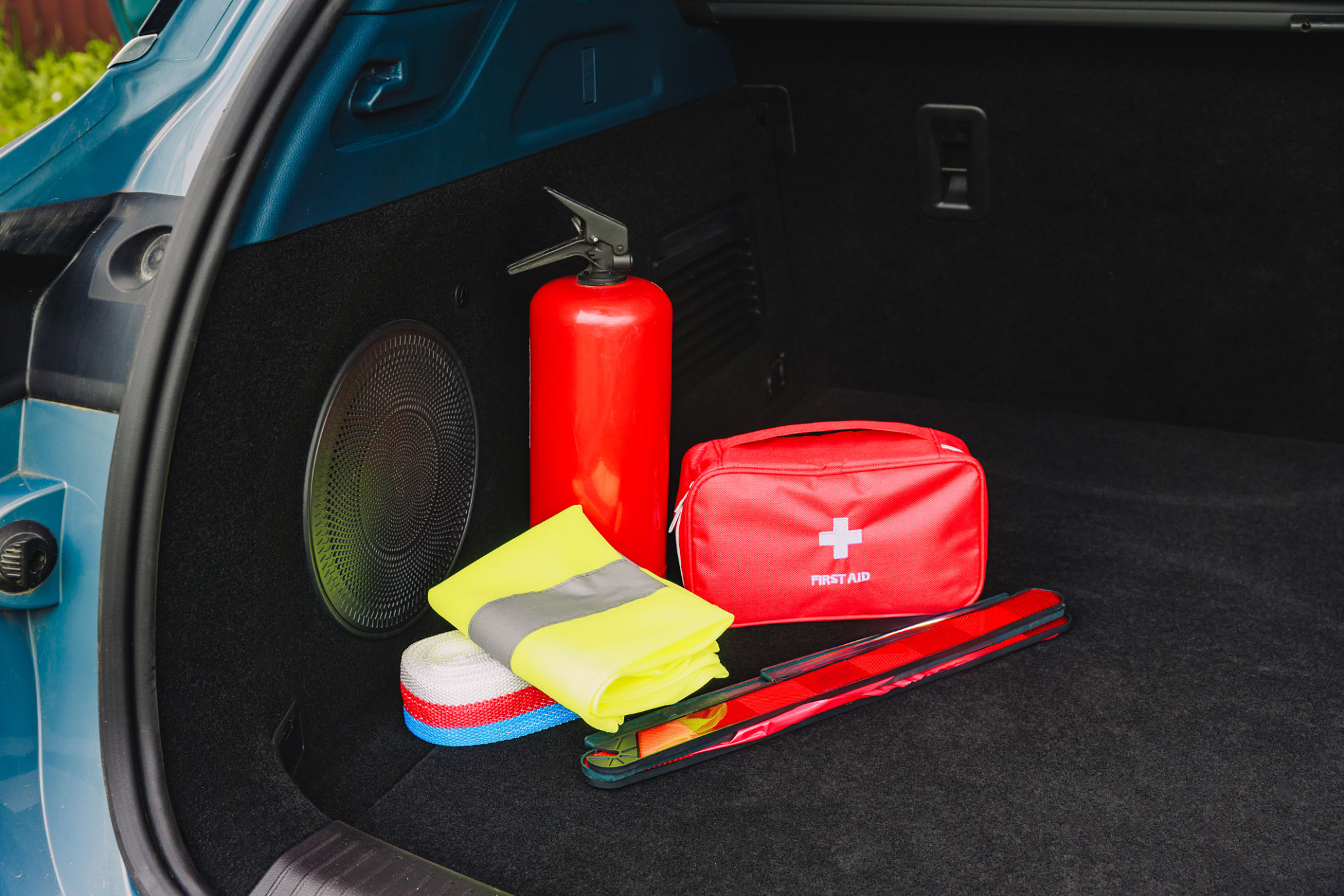How to Prepare Your Car for Summer: A Complete Guide
Check Your Tires
One of the most crucial aspects of summer car preparation is ensuring your tires are ready to handle the heat. Start by checking the tire pressure. As temperatures rise, so does the air pressure in your tires. An overinflated tire can lead to a blowout, while an underinflated tire can result in poor fuel efficiency and handling. Refer to your vehicle's manual for the recommended tire pressure.

Additionally, inspect the tread on your tires. Worn-out treads can be dangerous, especially on wet roads after a summer storm. Use the penny test to check tread depth: insert a penny into the tread groove with Lincoln's head upside down. If you can see all of Lincoln's head, it's time to replace your tires.
Examine Your Cooling System
Your car's cooling system is vital during the hot summer months. Begin by checking the coolant level and top it off if necessary. Coolant, or antifreeze, helps regulate the engine's temperature and prevents overheating. It's also a good idea to inspect the radiator for any leaks or damage.

If your vehicle hasn't had a coolant flush in the past two years, consider scheduling one. This service removes old coolant, debris, and contaminants from the cooling system, ensuring it operates efficiently. Remember, a well-maintained cooling system can prevent costly repairs down the line.
Test Your Air Conditioning
Driving in the summer heat can be unbearable without a functioning air conditioning system. Test your car’s AC to ensure it's blowing cold air. If you notice warm air or weak airflow, it might be time for a recharge or further inspection by a professional.
Besides the refrigerant level, check the cabin air filter. A clogged air filter can reduce the effectiveness of your AC and impact air quality inside the vehicle. Replacing it is a simple and cost-effective way to improve your AC's performance.

Inspect Your Battery
Summer heat can take a toll on your car battery, leading to potential failures. Inspect the battery for any signs of corrosion or leakage. Clean any corrosion from the terminals using a mixture of baking soda and water.
Additionally, ensure the battery is securely mounted and that all connections are tight. If your battery is more than three years old, it might be wise to have it tested by a professional to assess its health and longevity.
Prepare an Emergency Kit
While no one plans to encounter car troubles, being prepared can make all the difference. Assemble a summer emergency kit that includes essentials like water, non-perishable snacks, a flashlight, jumper cables, and a first-aid kit. A portable phone charger is also a good addition to ensure you can call for help if necessary.

Consider including a sunshade to keep your car interior cooler when parked and a reflective warning triangle or road flares to alert other drivers if you have to stop on the roadside.
Keep Your Car Clean
Finally, maintain your car's exterior and interior cleanliness. Regular washing and waxing can protect the paint from harmful UV rays and help prevent rust. Inside, vacuum the carpets and seats, and wipe down surfaces to remove dust and allergens.
Don't forget to clean the windows and mirrors for optimal visibility. A clean car not only looks good but also enhances your driving experience by keeping you comfortable and safe on the road.
